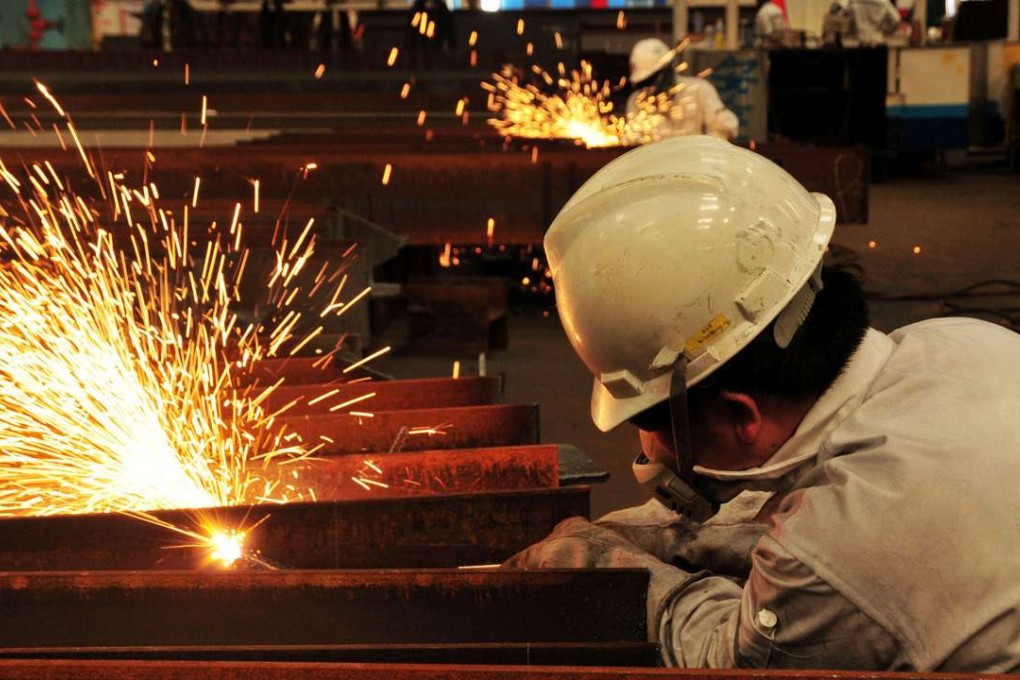Beijing launches 200b yuan venture capital fund to foster SOE reform and spur innovation

China has launched a 200-billion-yuan (HK$234 billion) government-backed venture capital fund as part of Beijing’s move to shake up its bloated state sector and foster innovation in the overall economy.
The fund’s chief promotor and manager is China Reform Holdings Corp, one of three asset management arms that answer directly to the State-owned Assets Supervision and Administration Commission, which manages state-owned enterprises.
The establishment of the fund, approved by the State Council, marked the Chinese government’s latest attempt to use more market-friendly ways, instead of direct administrative orders, to consolidate state assets. The fund could make it easier for the government to dispose of loss-making SOEs and steer funds to more profitable or innovative ones.
Let’s wait and see if such funds can achieve the desired results
“Let’s wait and see if such funds can achieve the desired results,” said Long Kaiyuan, a researcher at the Chinese Academy of Science and Technology for Development, a Beijing think tank.
Long cautioned that running a very big fund on market principles to turn loss-making businesses into profitable ones required special expertise.
The reform of SOEs is the biggest uncertainty in retooling the world’s No 2 economy. The government under Chinese President Xi Jinping is trying to make them profitable and efficient modern cooperations on the one hand while keeping them firmly loyal to the Communist Party on the other – a balance that is often hard to achieve.
Cross shareholdings at China’s state-owned firms set to surge amid push for more SOE reforms
The commission, which is also the fund’s ultimate controller, is struggling to transform itself from a passive shareholder in China’s largest industrial enterprises but where its also has been an intrusive board chairman known to “manage people, manage businesses and manage money”.
